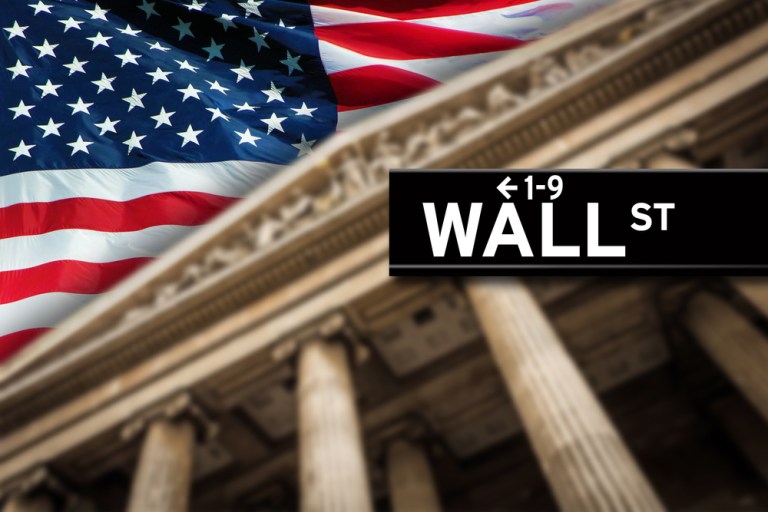The Brexit Is Reality

Get ready for a wild today (June 24).
The votes are counted, and it looks as though the Brexit is really happening. As of this morning, 51.9 percent of voters in the United Kingdom decided to leave the European Union. U.K. Prime Minister David Cameron has announced his coming resignation, and the world is watching and wondering what’s next.
The quick snapshot this morning?
The Market Is Angry (And Likely About To Get Angrier)
Overnight, various U.S. stock indices were down more than 3 percent via futures as uncertainty grew as to what the vote might mean for the global economy.
And those figures are likely to become more stark as investors will be reconfiguring their portfolios to account for the reconstitution and rebalancing of the Russell stock indices.
The adjustment is an annual one, where stocks are added or deleted from the 2000 index, which is comprised of smaller companies, and the 1000 index, which centers around larger companies. The rebalance, noted Reuters, tends to bring a palpable lift to volumes across the two.
The announcement of the rebalances will not be happening until after the markets close on Friday, but a wild swing in the markets tied to the Brexit will certainly have a big impact.
In fact, that impact is already being felt. As the news of the Brexit rolled in overnight, stock markets crashed, oil prices tanked and the pound sterling plummeted to a 31-year low.
By the numbers, nation to nation, the London FTSE 100 plunged about 8 percent, though it did manage to recover some to level out at a 5 percent loss. The German index fell 10 percent, its biggest one-day decline ever, and France’s index took a 7 percent hit. Wall Street is not yet open for business, but no one is expecting a good day. As of now, both the Dow and S&P 500 futures are down — 2.4 percent and 3.2 percent, respectively.
“You can see people are running for cover,” said Ken Courtis, chairman of Starfort Investment Holdings in Tokyo. Investors were betting on a victory for the “remain” side, but “what you’re seeing now in markets is an adjustment in the other direction, as everyone tries to get through a tiny door at the same time,” he said.
What’s Next?
For now, it seems the answer is nobody knows for sure, though the consensus isn’t all that optimistic.
The Wall Street Journal notes that the Brexit may be a blight on the U.S. economy as investors leave European shores for safer-seeming American harbors, thus running up the value of the dollar and depressing U.S. imports.
“The U.K. vote to exit the European Union could have significant economic repercussions,” Janet Yellen, chairwoman of the U.S. Federal Reserve, told Congress earlier this week. The Brexit would “usher in a period of uncertainty,” Yellen said, also noting increased volatility in world markets would be a likely outcome.
“That would negatively affect financial conditions and the U.S. economy.”
U.S. Treasury Secretary Jacob Lew said ahead of the vote: “I only see negative economic outcomes” were voters to decide to leave the EU.
Meanwhile, optimism levels in England are similarly low, with many stating that the Brexit could likely turn out to be a “complete disaster” for London and businesses nationwide. Specifically problematic will be new costs associated with trying to do business in the EU, a depressed IPO and startup market and a much chillier investment environment, as England — no longer backed by a 27-member nation bloc — is a less attractive negotiation partner for large firms.
Things are particularly concerning for financial services and FinTech firms, which have likely just seen the complexity and cost of doing business exponentially increase — unless the separation agreements are drawn to mitigate those effects.
“For financial services and FinTech, Brexit could require more paperwork for U.K. companies to get to do business in Europe (as they lose passporting) and setting up EU entities and vice versa. Unless they reach a mutual accommodation, which, of course, would be the sensible thing to do,” noted Global Economics Group Chairman Dr. David Evans.
However, if the majority of the planet’s headline writers are to be believed at present, the “sensible thing” is not currently selling with U.K. citizens, meaning the what’s next of this remains largely up in the air.
We’ll keep you posted with what the coming Brexit will mean for payments and commerce players worldwide next week as more information on the story emerges.